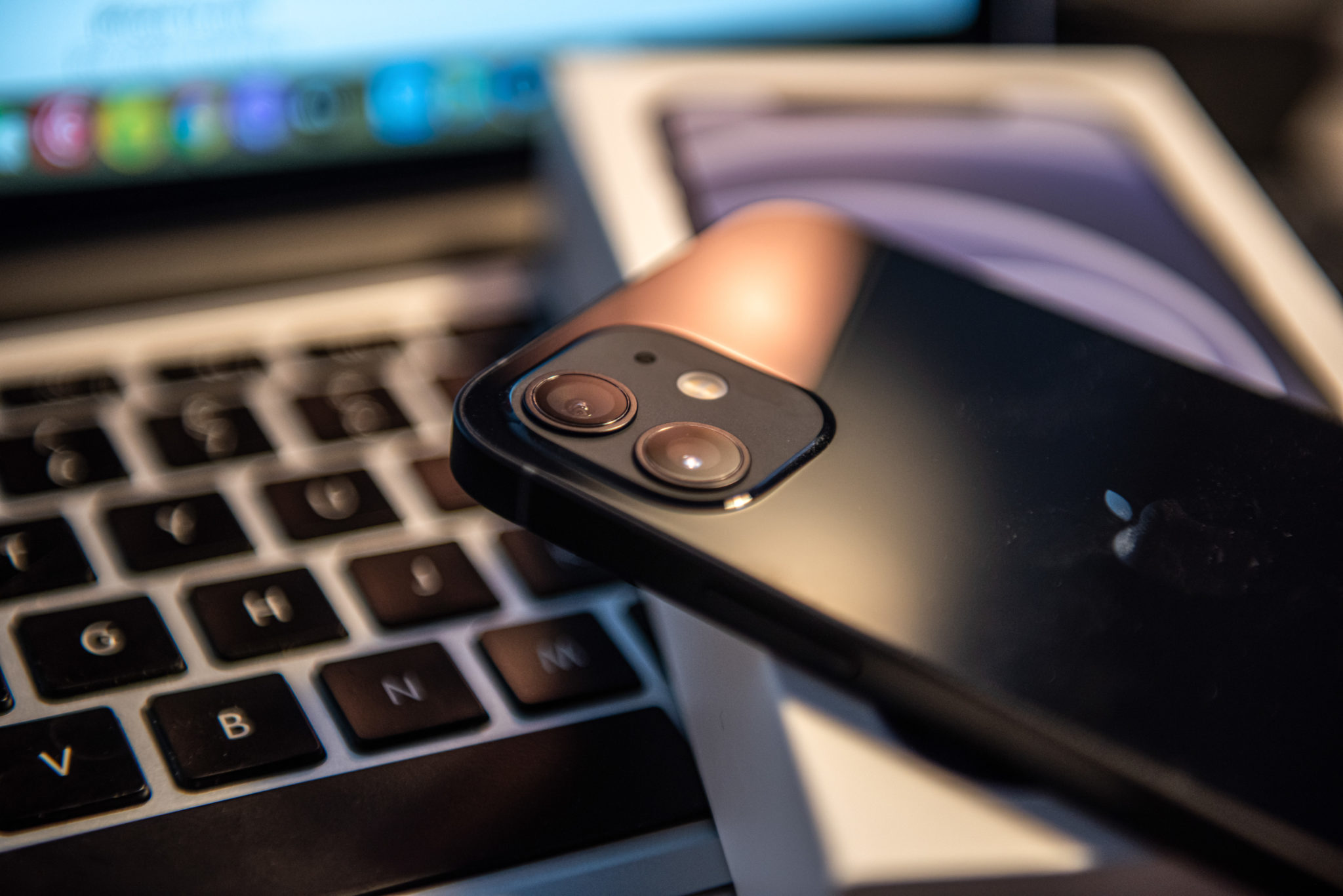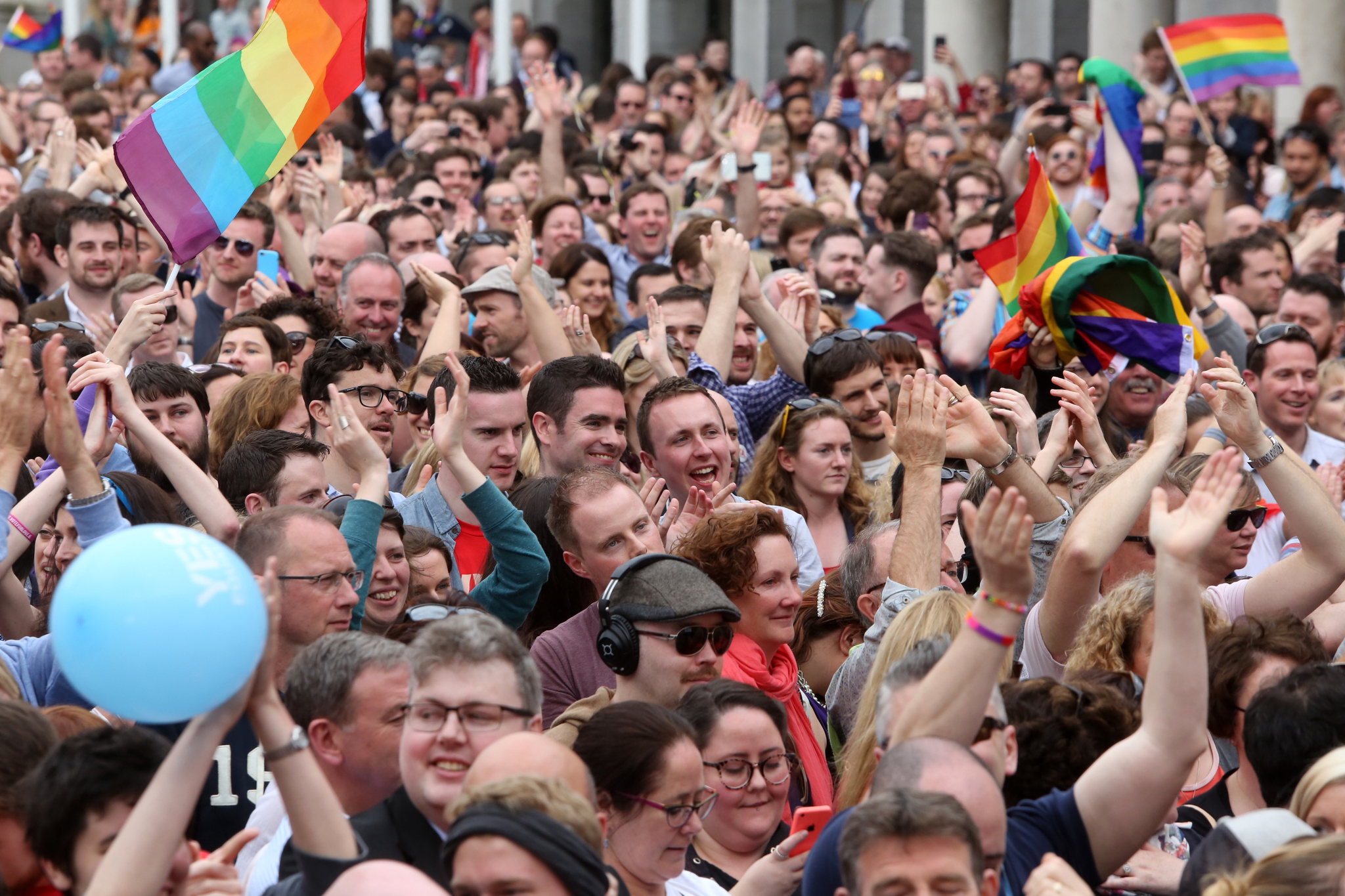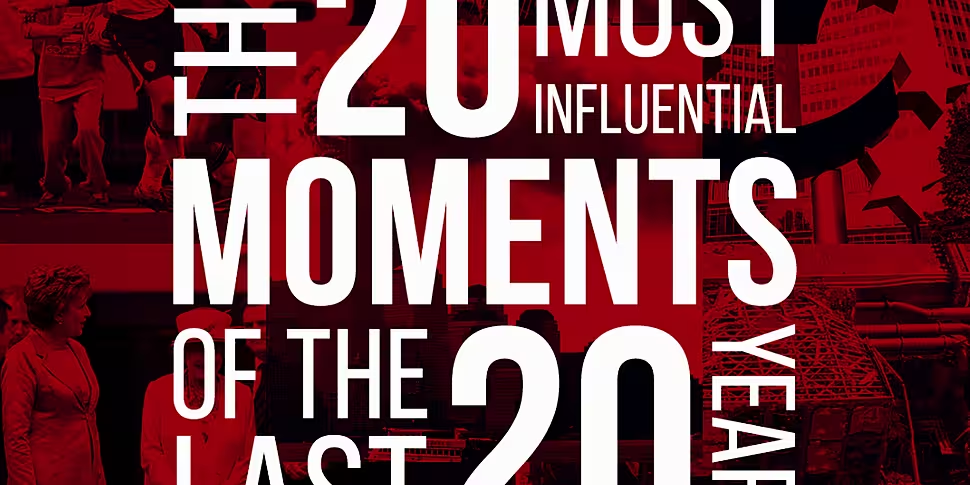As 2020 comes to a close, Newstalk has been asking people to recall their most influential moment over the last 20 years.
Ranging from the election of US President Barack Obama, the introduction of water charges and Queen Elizabeth II's historic visit to Ireland, listeners were not short of suggestions.
Following a count of the votes, the top moment has been revealed.
The launch of the smartphone and rise in social media has topped the list, with 25.13%.
The introduction of the first iPhone in 2007 arguably paved the way for the rise of the smartphone and social media.
Speaking on The Hard Shoulder, Newstalk Breakfast presenter Ciara Kelly said: "I for one welcome our technological overlords - except for I don't really.
"I have come to recognise that even though I'm as, if not more, addicted to my smartphone than lots of people... it is like having a monkey on your back at the same time.
"You do check for notifications, you are 24/7 on-call and looking at shite and you get sucked in.
"And indeed there's an awful lot of negativity attached to that - so I would like a slightly different relationship with my phone".
According to Newstalk's technology correspondent Jess Kelly: "If you read back on that list of things that were potential nominees for the most influential moment of the last 20 years, every single one of them has been impacted in some way, shape or form by the smartphone and by social media".
 In this photo illustration, an iPhone 12 smartphone and its box is placed on keyboard of a MacBook Pro laptop. Dual camera design on the rear side can be seen. iPhone 12 series was released on Oct 13th and began shipping on Oct 23rd. (Photo by Alex Tai / SOPA Images/Sipa USA)
In this photo illustration, an iPhone 12 smartphone and its box is placed on keyboard of a MacBook Pro laptop. Dual camera design on the rear side can be seen. iPhone 12 series was released on Oct 13th and began shipping on Oct 23rd. (Photo by Alex Tai / SOPA Images/Sipa USA)"When 9/11 happened, a lot of the stuff that was recorded was on camcorders and was put up.
"But since then, different conspiracy theories, different alternative theories as to what happened has been absolutely rife on social media, and are spread with the smartphone.
"When you look at the Queen's visit to Ireland, so much footage was captured on that day thanks to our smartphones."
"When you scrape back the majority of the other 20 influential moments that we had on our shortlist, the smartphone is there and it does have its little tentacles in all of them".
While Newstalk Breakfast presenter Shane Coleman suggests the effect of the smartphone and social media on politics has been 'enormous'.
He asks: "Would Donald Trump have been elected in a world where there wasn't a smartphone? I think you can make a really strong argument that he would not have been.
"And I think you can make a really strong argument, for example, that Sinn Féin would not have won as many seats in the recent general election in an era without a smartphone".
"Depending on your perspective, that is a good thing or a bad thing, but it has hugely affected politics - and it's hugely affected journalism.
"Journalism is the one I worry about".
"I worry about journalism becoming shallow, I worry about journalists being overly-influenced by how many likes they get, I worry about journalists pulling their punches... because they're conscious about what the mob on Twitter think.
"I think too many journalists are too embedded in Twitter and think that's a really, really dangerous thing".
In second place is the September 11th attack in 2001 on 24.6%, followed by the coronavirus pandemic at 17.11%.
And in a tie for joint fourth was the marriage equality referendum and the introduction of the smoking ban - both at 7.49%.
The smoking ban was introduced in Ireland back in 2004 - making it the first country-wide ban of its kind.
 Thousands of people celebrate a Yes result in the Marriage Equality Referendum in Dublin Castle in 2015. Picture by: Sam Boal/RollingNews.ie
Thousands of people celebrate a Yes result in the Marriage Equality Referendum in Dublin Castle in 2015. Picture by: Sam Boal/RollingNews.ieWhile Ireland became the first country in the world to pass same-sex marriage by popular vote on May 22nd 2015.
Just over 62% supported changing the Constitution, with more than 1.2 million people turning out in support of marriage equality.
The referendum itself made world headlines, while the 'Home to Vote' campaign saw thousands of people come home to have their voices heard at the ballot box.
You can find more Top 20 moments here









